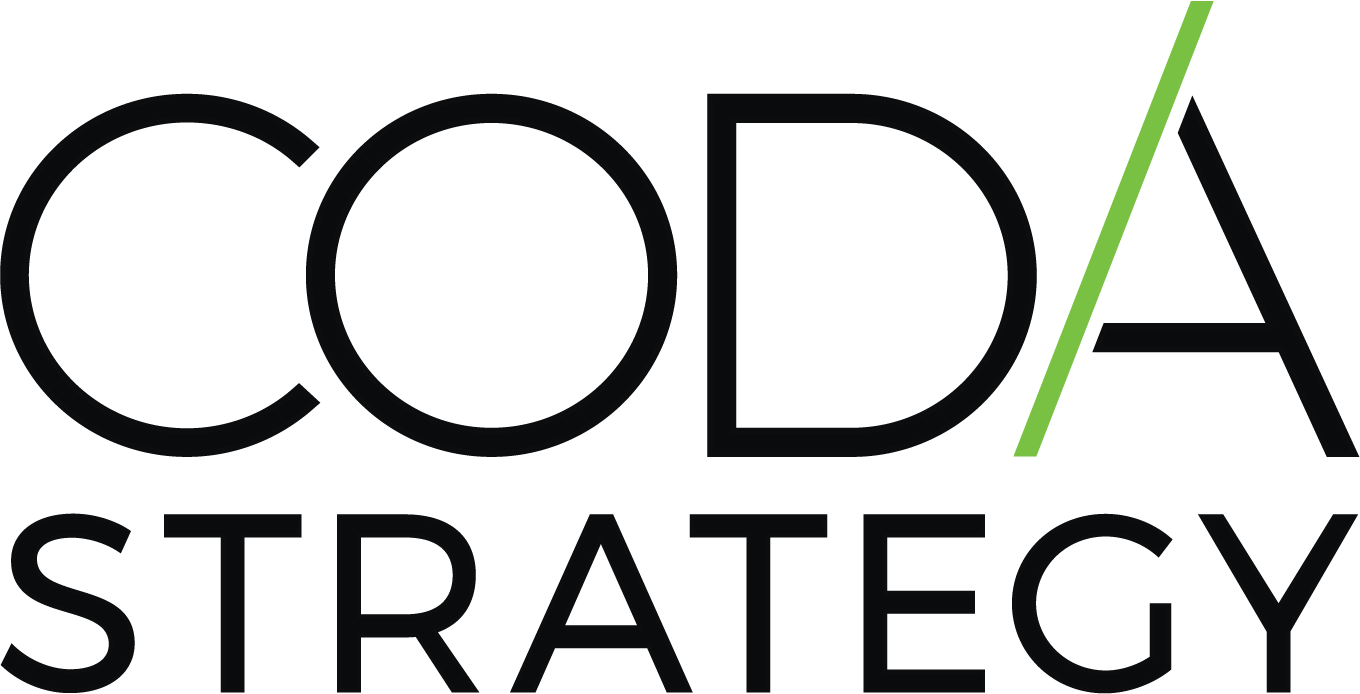When the COVID-19 pandemic drove working professionals to work remotely, digital leaders faced a host of challenges. How will we collaborate? How will we secure our data? Above all, how should we lead our organizations?
Now, an existing body of research has documented the benefits of better digital leadership. Those include increased profitability and better well-being. However, we still know little about what digital leaders want for themselves.
In other words, what should digital leaders be doing for their employees today? What skills and personality traits are best suited to the new normal? Now, there’s new research that looks into the skills digital leaders most desire.
The research on digital leadership
Historically, the topic of digital leadership has received little attention. Researchers viewed leadership skills and digital expertise as complementary domains. One covered soft skills, the other hard skills. However, this has changed in the past several years. As digital transformation reaches further into core business operations, digital leadership – a blend of IT skills and leadership ability – has attracted increased attention.
For example, we have evidence that better digital leadership can improve well-being. One group of researchers showed that higher digital leadership correlated with higher psychological well-being. One reason for this could be that lack of digital leadership leads to choice overload, where managers and employees feel overwhelmed with a constantly evolving digital ecosystem. Thus, that choice overload can reduce well-being.
The skills digital leaders most want to develop
Moreover, we should ask: what are the important skills for digital leadership?
Recently, a 2021 study of 148 German executives looked into the skills needed to master today’s digital challenges. The researchers analyzed responses across 13 skills and 10 personality traits. The results are enlightening.
First, having excellent IT domain knowledge helps. IT expertise helps with personnel development and with enabling change. IT-savvy executives can better create an open environment where employees embrace the technology.
Second, the authors showed that executives wanted to develop two soft skills the most:
- Calmness
- The ability to motivate others
The desire for calmness suggests that a leader’s reaction under pressure largely determines how their leadership is perceived. There is a premium on the ability to slow down and process information in the digital age.
Furthermore, the ability to motivate others is a key leadership skill. However, it is even more important in the face of disruptive technologies and a constantly changing digital landscape. The research showed that the ability to motivate others is correlated with the ability to help others cope with the stress of digital transformation
The takeaway for top digital leaders
In the end, we’ve learned a lot about digital leadership in the past few years. Historically, we viewed the topic as simply the intersection of digital expertise and leadership skills. However, digital leadership has recently emerged as a key focus for top executives.
Thus, we should focus on three key takeaways:
- First, IT expertise is essential. Create a digital training program for senior leaders. In IT and digital departments, lack of expertise kills credibility.
- Second, better self care is key for calmness. Digital leaders want to appear calm in the face of choice overload and a constantly evolving digital landscape. Lack of calmness kills certainty.
- Third, develop senior leaders’ ability to motivate others. This skills matters even more in remote leadership across multiple geographical areas. Lack of motivation kills confidence.
Lastly, these are skills that anyone can develop. They are not restricted to the natural born leader. Instead, anyone can become a digital leader.







3 Proven Ways for a Digital Leader to Improve Well-being
October 5, 2022[…] So far, we have discussed topics that researchers chose to explore. We can also examine the skills that are most in-demand. One recent study surveyed managers on the skills they valued most. […]